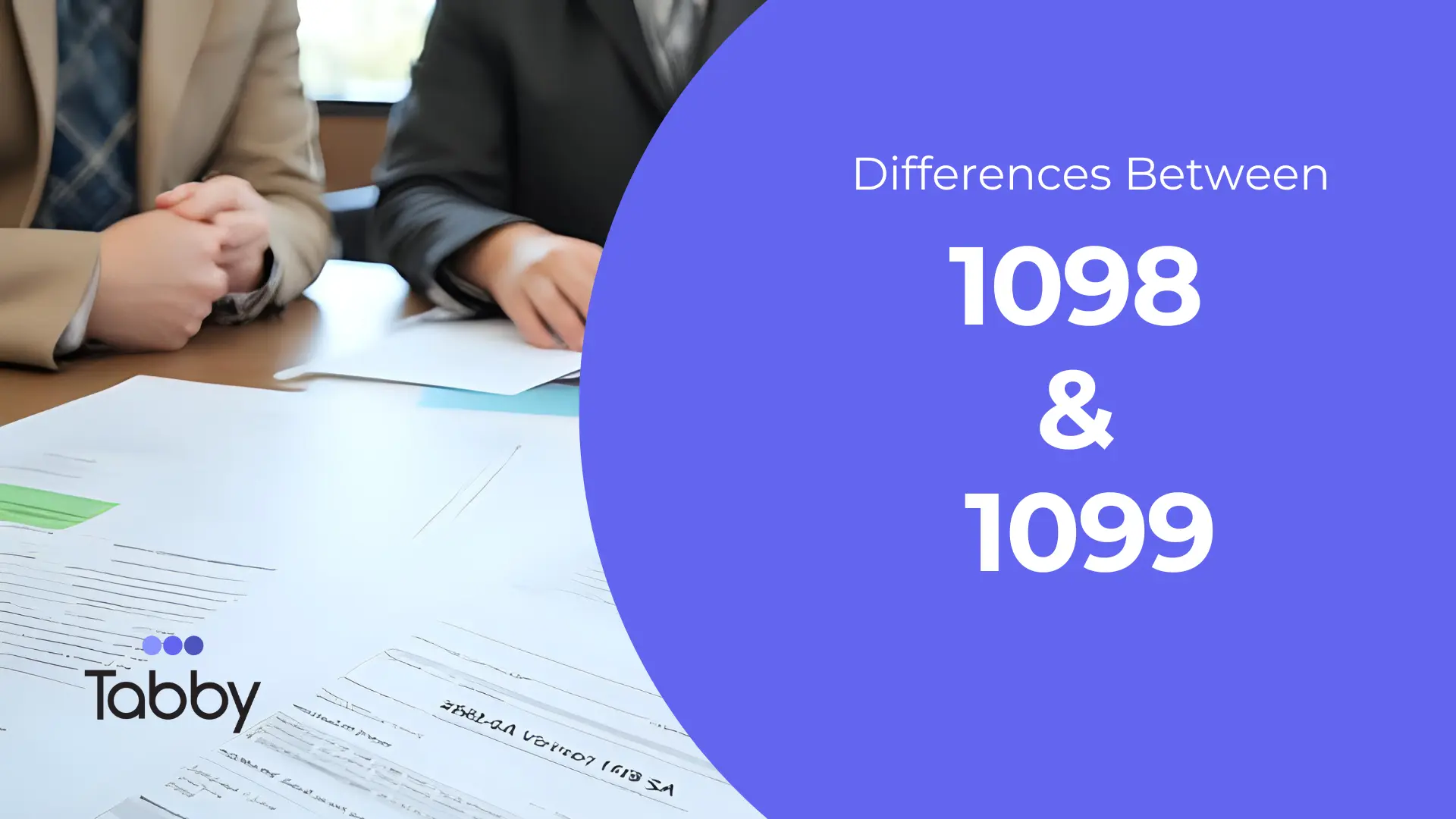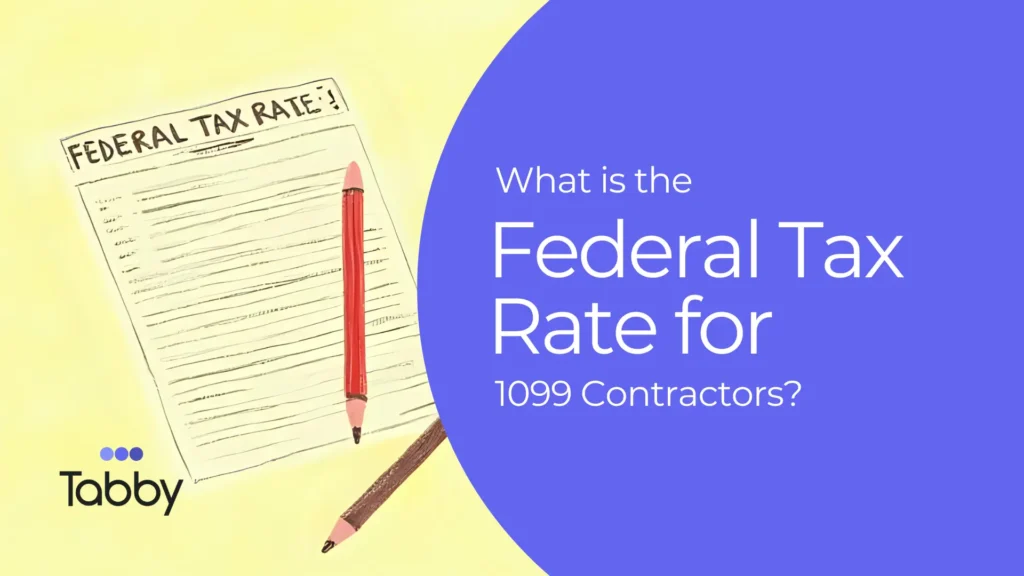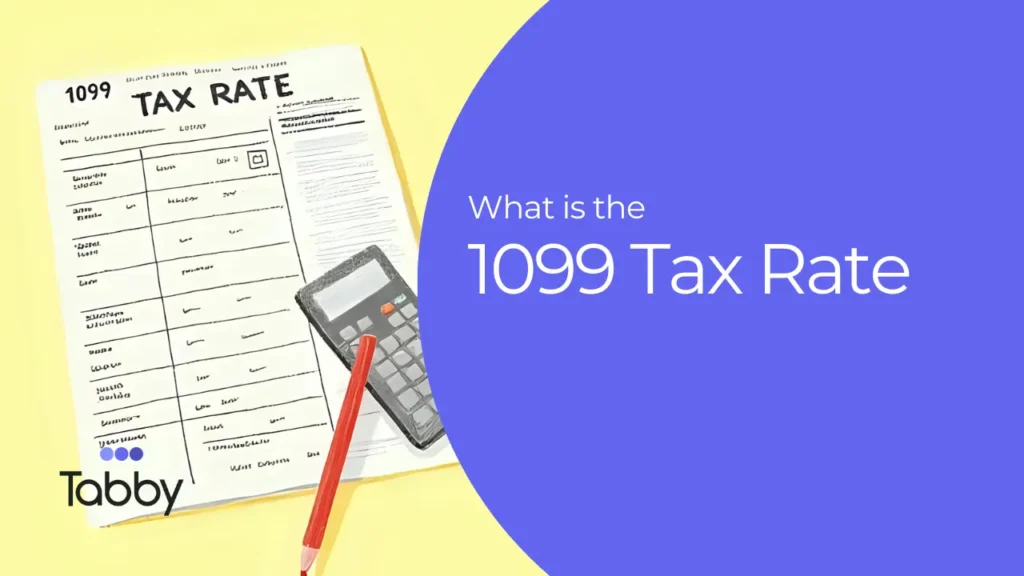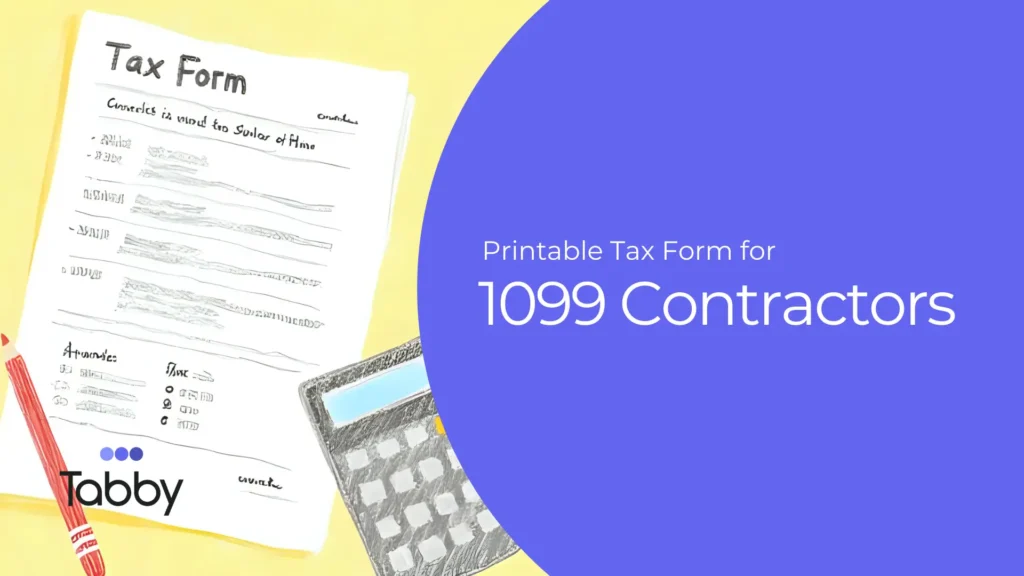- Tax Preparation,
- | October 21, 2025
Differences Between 1098 and 1099

A lot of taxpayers confuse the 1098 and the 1099 forms just because the numbers look so similar. I’ve had so many clients ask me what’s the difference between the two, why did I get both, do I report them the same way? And if you don’t know the difference it can cause problems when you file because you could either miss deductions or end up paying more tax than you should.
So in this blog I’m going to cover what a 1098 is, what a 1099 is, and really the key differences between them so you know exactly how each one works and when it applies to you.
What Is a 1098?
A 1098 form usually comes from a lender or a school and it’s basically telling you how much you paid them so you can possibly take a deduction or a credit.
The main ones are:
- 1098 – mortgage interest you paid to the bank.
- 1098-E – student loan interest you paid.
- 1098-T – tuition payments you made for education.
So a 1098 is tied to money that you paid out, not money you earned.
Example: if you own a home and pay a mortgage, the bank will send you a 1098 showing how much mortgage interest you paid during the year. You then use that on your tax return to take the mortgage interest deduction.
What Is a 1099?
A 1099 is totally different. A 1099 is for income you received.
There are a lot of types of 1099s:
- 1099-NEC – nonemployee compensation for contractors.
- 1099-MISC – miscellaneous income like rent, royalties, prizes.
- 1099-INT – bank interest you earned.
- 1099-K – income from payment platforms like PayPal, Stripe, Uber, DoorDash.
So instead of showing what you paid, it shows what you earned, and that income has to be reported on your tax return.
Example: if you’re a freelancer and you earn $2,000 from a client, they’ll send you a 1099-NEC at the end of the year.Learn the comparison between 1040 vs 1099.
1098 vs 1099: Key Differences
The simplest way to remember this is:
- 1098 = payments you made (like mortgage interest or tuition).
- 1099 = income you received (like freelance pay or bank interest).
Here’s a quick chart to make it clear:
| Category | 1098 | 1099 |
| Who sends it | Banks, lenders, schools | Clients, businesses, banks, platforms |
| What it shows | Payments you made (mortgage, loans, tuition) | Income you earned (contractor pay, interest, royalties) |
| Why it matters | Lets you claim deductions or credits | Adds taxable income to your return |
| Who gets it | Homeowners, students, borrowers | Freelancers, contractors, investors |
When You Might See Both
Freelancers and small business owners are almost always going to get 1099s because that’s how your income is reported. But if you also have a house with a mortgage, or you’re paying off student loans, or you’re in school, then you might also get a 1098 in the same year.
So it’s not unusual to have both forms just know one is for deductions and one is for income.
Common Mistakes to Avoid
Here are some of the main mistakes I see people make:
- Ignoring their 1098 and missing out on mortgage interest deductions.
- Mixing up 1098 and 1099 and thinking they get reported the same way.
- Not reporting 1099 income because they thought it was too small or didn’t get a form (the IRS already has a copy).
How Tabby Helps
Now Tabby doesn’t create 1098 forms because those come from your bank or school, but it does help you stay organized.
- It automatically tracks all your 1099 income.
- It keeps all your forms in one place so nothing gets lost.
- It helps you be ready at tax time by giving you a complete report.
So even though 1098 and 1099 are totally different, you want to keep track of them both, and Tabby makes that part easier.
Conclusion
So the bottom line is this:
- 1098 is for payments you made.
- 1099 is for income you received.
They look similar, but they do completely different things. One helps you lower your taxes with deductions, the other adds income you have to pay tax on.
If you want to stay on top of it and not scramble during tax season, Tabby can help you track your 1099 income and keep everything organized so you don’t miss anything.
FAQ
What is the difference between 1098 and 1099?
A 1098 shows payments you made, like mortgage interest, student loan interest, or tuition. A 1099 shows income you received, like freelance pay, rent, royalties, or bank interest. So 1098 helps with deductions, 1099 adds taxable income.
Do freelancers need to file both 1098 and 1099?
No. You don’t “file” these forms yourself. You receive them. If you’re a freelancer, you’ll almost always get 1099s for your income. You might also get a 1098 if you own a home, pay student loans, or are in school. But the one you actually file is your tax return (the 1040), and that’s where you use the info from these forms.
Who sends out Form 1098 vs Form 1099?
Banks, lenders, and schools send out 1098s because you made payments to them. Clients, businesses, banks, and platforms like PayPal or Uber send out 1099s because they paid you income.
How can Tabby help organize multiple IRS forms?
Most people end up with a mix a few 1099s from clients, maybe a 1099-K from PayPal, and sometimes a 1098 from a mortgage or student loan. Tabby keeps everything in one place so you don’t lose track. It automatically pulls in your 1099 income, and it stores your forms digitally, so when it’s time to do your taxes you’re not digging through paper or emails.




